And the RoboCar Winner Is...
Stanford Beats Odds, Wins Robo-Race
from DefenseTech.org
Eighteen months ago, when Darpa held its "Grand Challenge" - a $1 million, all-robot rally across the Mojave desert - none of the competitors could get past mile seven of the 150 mile-long course.
That was then, this is now.
 A second, slightly shorter, Grand Challenge went down Saturday. And three robo-cars managed to complete the entire 132-mile race. Two were from Carnegie Mellon's massive robotics program. Finishing just a few minutes ahead, with an average speed of 17 miles per hour, was Stanley, a modified Volkswagen Touareg from Stanford University.
A second, slightly shorter, Grand Challenge went down Saturday. And three robo-cars managed to complete the entire 132-mile race. Two were from Carnegie Mellon's massive robotics program. Finishing just a few minutes ahead, with an average speed of 17 miles per hour, was Stanley, a modified Volkswagen Touareg from Stanford University.
It's an incredible feat. Giving robots the intelligence and the vision to manuever over all that rough terrain was considered closer to science fiction than science fantasy not too long ago. "I don't know if I'd go 'moon shot,'" Darpa director Anthony Tether told the Merc-News. "It's closer to the Wright brothers."
from DefenseTech.org
Eighteen months ago, when Darpa held its "Grand Challenge" - a $1 million, all-robot rally across the Mojave desert - none of the competitors could get past mile seven of the 150 mile-long course.
That was then, this is now.
 A second, slightly shorter, Grand Challenge went down Saturday. And three robo-cars managed to complete the entire 132-mile race. Two were from Carnegie Mellon's massive robotics program. Finishing just a few minutes ahead, with an average speed of 17 miles per hour, was Stanley, a modified Volkswagen Touareg from Stanford University.
A second, slightly shorter, Grand Challenge went down Saturday. And three robo-cars managed to complete the entire 132-mile race. Two were from Carnegie Mellon's massive robotics program. Finishing just a few minutes ahead, with an average speed of 17 miles per hour, was Stanley, a modified Volkswagen Touareg from Stanford University.It's an incredible feat. Giving robots the intelligence and the vision to manuever over all that rough terrain was considered closer to science fiction than science fantasy not too long ago. "I don't know if I'd go 'moon shot,'" Darpa director Anthony Tether told the Merc-News. "It's closer to the Wright brothers."







 what the Great Conjunction is. 'What's the Great Conjunction?'
what the Great Conjunction is. 'What's the Great Conjunction?' 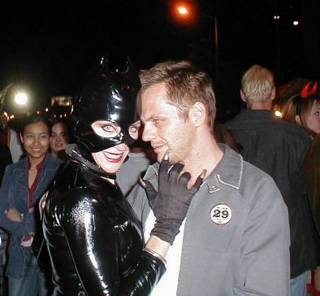
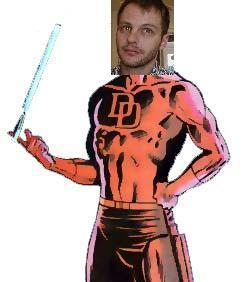



 A Is for Androids
A Is for Androids B Is for Boba
B Is for Boba C Is for Calvin
C Is for Calvin D Is for Dragons
D Is for Dragons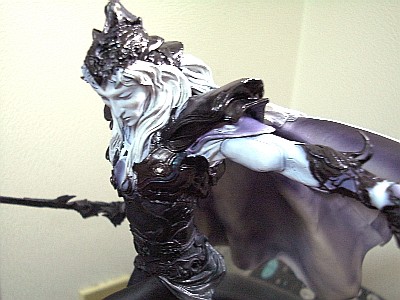 E Is for Elric
E Is for Elric F Is for Futures
F Is for Futures G Is for Genie
G Is for Genie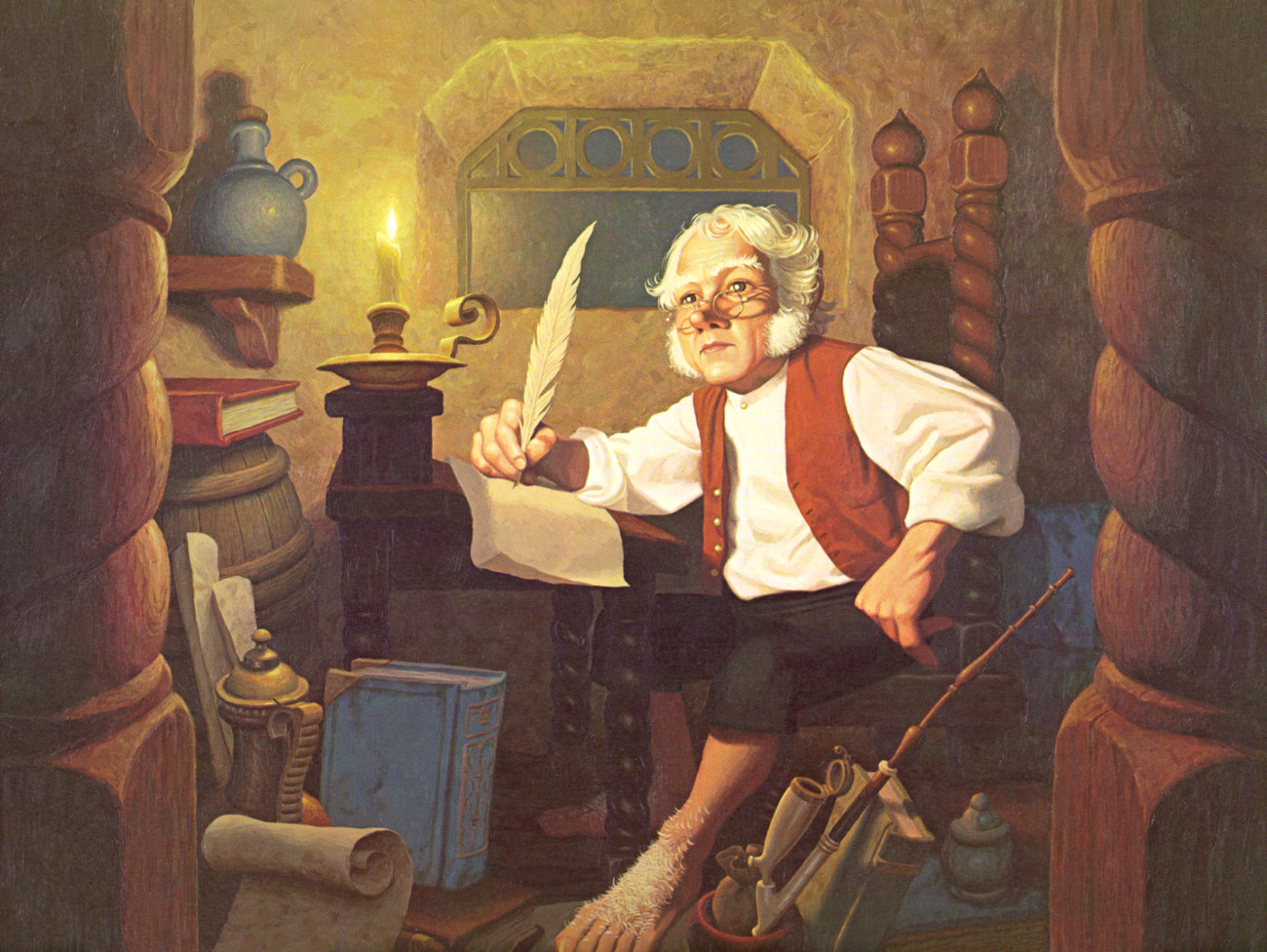 H Is for Hobbits
H Is for Hobbits I Is for Iceman
I Is for Iceman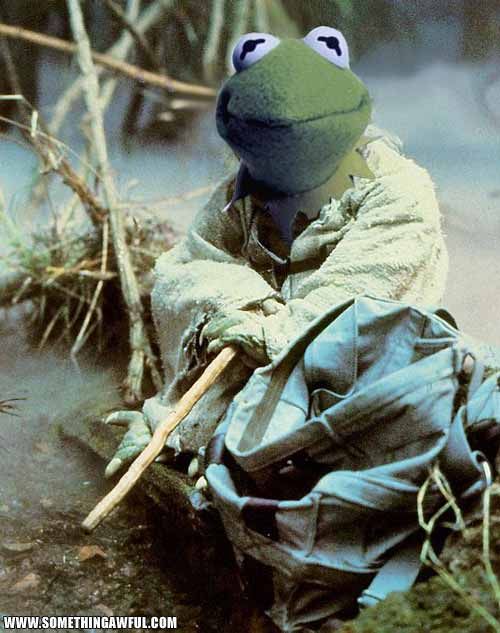 J Is for Jedi
J Is for Jedi K Is for Kraken
K Is for Kraken





















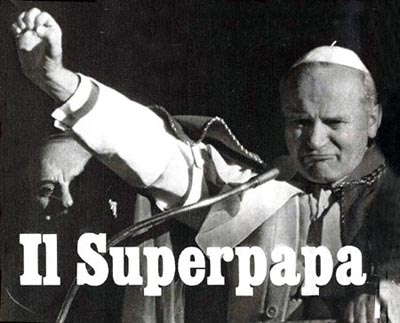











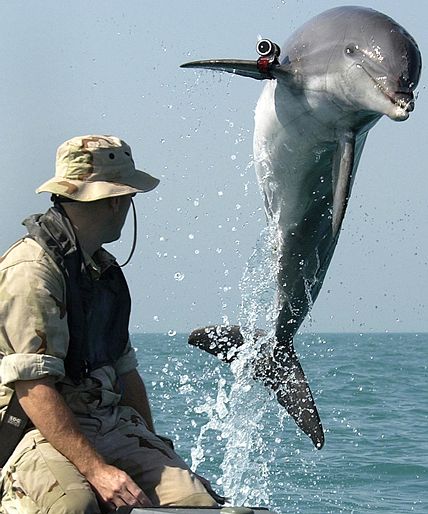

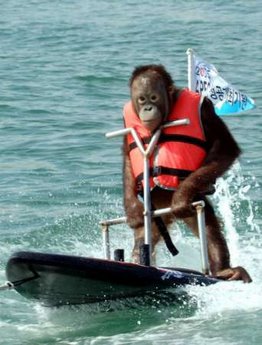
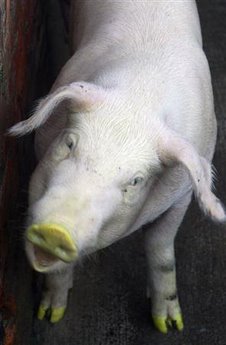



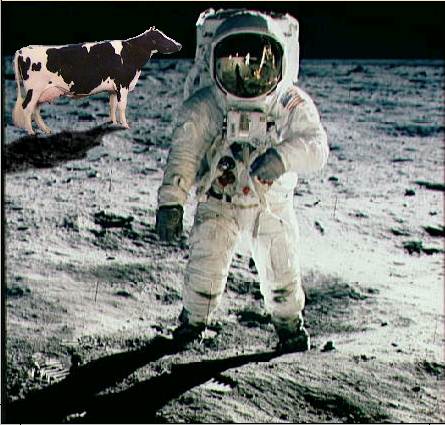
























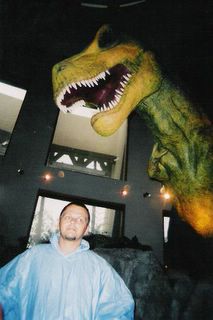



0 Comments:
Post a Comment
<< Home